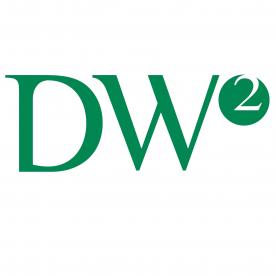
On March 18, 2025, the United States Court of Appeals for the District of Columbia Circuit (the Court) issued its decision in Thaler v Perlmutter, affirming the findings of a lower court and the United States Copyright Office (the Office) that works produced solely by generative artificial intelligence (Gen AI) do not attract copyright protection, as an AI system cannot be an “author” under the United States’s Copyright Act of 1976 (the Act).
Dr. Thaler (the Appellant) is the creator of a Gen AI system called the Creativity Machine and sought to register artwork produced by the Creativity Machine with the Office. In his application, the Appellant listed the Creativity Machine as the sole author of the artwork (which the Appellant titled, A Recent Entrance to Paradise) and himself as the artwork’s owner. The Office denied the Appellant’s application on the ground that it did not meet the Office’s human-authorship requirement, which requires work to be authored in the first instance by a human to be eligible for copyright registration. The Appellant appealed the Office’s decision to the federal district court, which affirmed the Office’s decision. The Appellant further appealed to the Court.
The Court affirmed the Office’s and lower court’s denial of copyright protection for A Recent Entrance to Paradise, finding that an AI system cannot be an author under the Act. Though the Court noted that “author” is not defined under the Act, it found that traditional tools of statutory interpretation demonstrated that “author” under the Act can only refer to human beings. As evidence of this, the Court cited several provisions of the Act which indicated that authors must have human characteristics (such as the ability to hold property or have a lifespan, family member, nationality, etc.), and explained that Congress likely intended for the word “author” to refer to a human when it reenacted that term in the Act.
This ultimately let the Court to dismiss the appeal.
Summary By: Claire Bettio
E-TIPS® ISSUE
Disclaimer: This Newsletter is intended to provide readers with general information on legal developments in the areas of e-commerce, information technology and intellectual property. It is not intended to be a complete statement of the law, nor is it intended to provide legal advice. No person should act or rely upon the information contained in this newsletter without seeking legal advice.
E-TIPS is a registered trade-mark of Deeth Williams Wall LLP.
